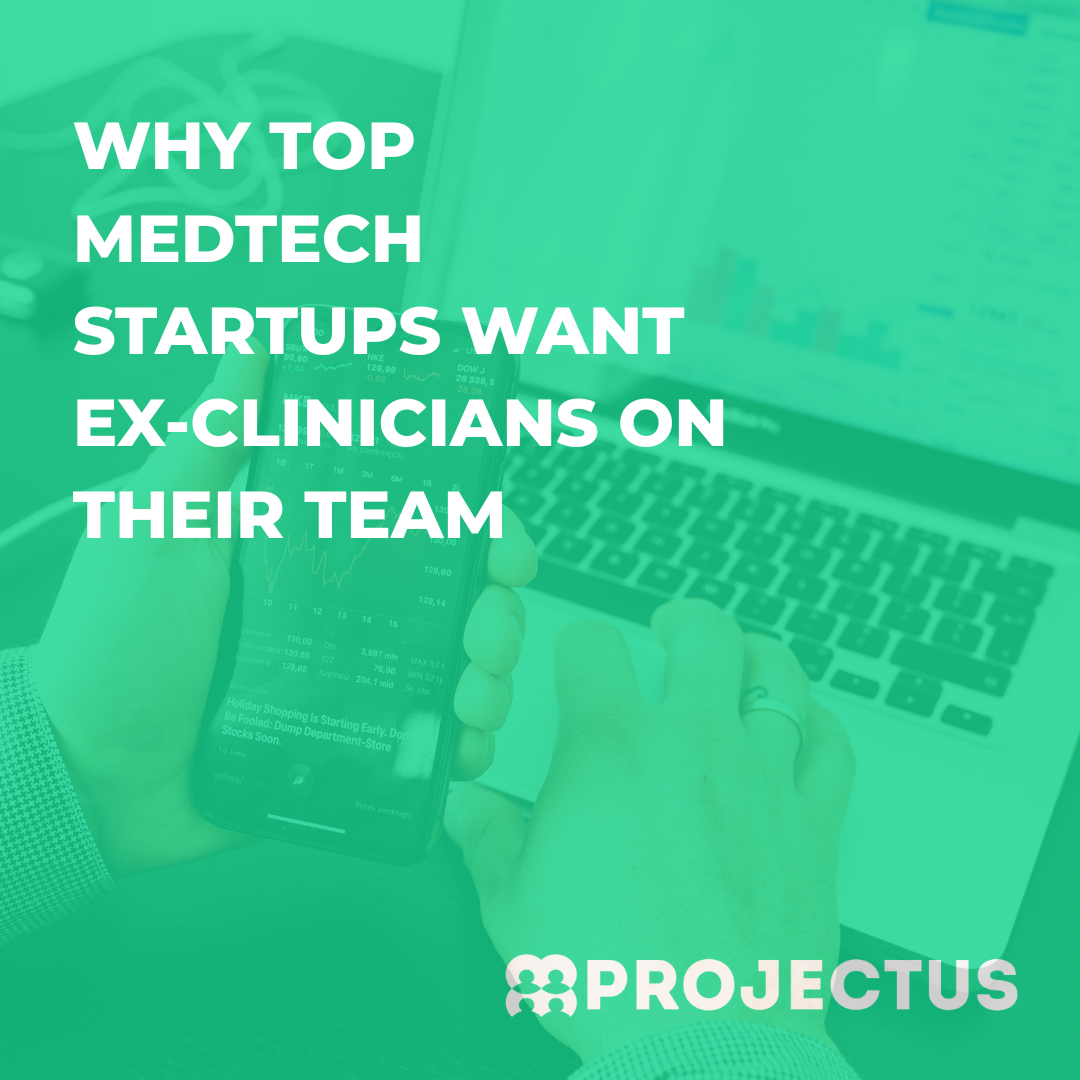The Ethics of AI in Healthcare: Balancing Advancements with Patient Privacy
BY PROJECTUS
INTRODUCTION.
Artificial intelligence is rapidly changing the healthcare industry, with many promising advancements in medical research, treatment, and diagnosis. However, as AI becomes more prevalent in healthcare, concerns over patient privacy and ethical implications are also growing. In this article, we will explore the ethics of AI in healthcare and how we can balance advancements with patient privacy.
AI has the potential to revolutionize healthcare by improving diagnosis accuracy, predicting potential health issues, and providing personalized treatment plans. However, AI can only provide such benefits by using patient data, including personal health information (PHI). This raises concerns over how patient data is used and shared, and whether it is being used ethically and responsibly.
AI models that are trained on large datasets of patient data can sometimes unintentionally identify patients, even when the data is anonymised. This can result in privacy breaches that could compromise patient trust and confidentiality.
1. Patient Privacy
Patient privacy is a very important issue. Most people in the world consider it an absolute right, but how can we ensure that our patients' data will be treated with care?
We need to understand that patient data is sensitive and should be treated with care. It can be anonymized, which means removing all identifying information from the data so that it cannot be linked back to its original owner or creator, this process is called "anonymisation". However, if you're reading this article on your phone and someone else has access to your internet connection, they would still be able to tell who you are because they know where they found out about your medical history. Therefore, there are limits on what kind of information should remain anonymous; some things might not be possible without exposing too much personal information about yourself--or even worse: getting into trouble with law enforcement agencies.
It is, however, now possible to design algorithms that reinforce each other in their collective analyses without exchanging data. This is accomplished by calculating and sharing technical features that are meant to preserve patient privacy and the intellectual property of the underlying data and models.
2. PHI isn't used in AI models or algorithms.
If a patient's data isn't anonymised before then, any AI model trained on their PHI could identify them. For example, if an algorithm uses genetic information to predict how long someone will live and shows it to family members without obtaining their consent, this could be considered an invasion of privacy.
Anonymising data is a complex process that requires careful consideration of how much risk there would be for identification if such information were disclosed publicly or used by other parties outside the original owner's control.
3. Potential for bias
Another ethical concern with AI is the potential for bias. AI algorithms are only as unbiased as the data they are trained on. If the data used to train an AI model is biased, the algorithm may produce biased results. This could lead to discrimination against certain populations, resulting in unfair treatment and a lack of access to care.
Healthcare providers and technology companies must ensure that AI algorithms are unbiased and do not discriminate against certain populations. This requires careful consideration of the data used to train the AI model and ongoing evaluation of the model's performance to ensure it is producing accurate and unbiased results.
4. Transparency and Accountability
An ethical framework for responsible AI development and use is needed to ensure transparency and accountability in decision-making processes related to all stages of technology development and implementation. The framework should be flexible enough to accommodate new technologies in the future, while being structured around principles that can guide all stakeholders involved in AI systems development.
The current state of affairs is that we have no clear guidelines on how we should apply ethics, let alone whether or not our application of ethical frameworks will lead us down an ethically murky path. We need a set of standards that can guide us through these complicated issues so we can make better decisions about what kind of future awaits us as a society with this new power source at our disposal: artificial intelligence.
5. Patient Privacy must be a Priority
In a world where patient privacy is a priority, it's important to remember that it's not just the doctor-patient relationship that needs to be protected. The healthcare system as a whole depends on public trust in what it does and how it operates. That trust can only be maintained if the public understands that data is being collected and handled responsibly, which means transparency about how personal health data is being used.
In addition to protecting our own privacy, we need to ensure that patients have access to information about their own care so they can make informed decisions about whether or not they want treatment based on its potential risks or benefits for them--and whether those risks outweigh any potential benefits for others.
Conclusion.
In conclusion, AI has the potential to revolutionize healthcare, but it is important to balance advancements with patient privacy and ethical considerations. Healthcare providers and technology companies must take a proactive approach to ensure that AI is developed and used in a responsible and transparent way. By following ethical principles such as transparency, data privacy, and unbiased algorithms, we can ensure that AI is used to improve patient outcomes without compromising patient privacy or ethics.




